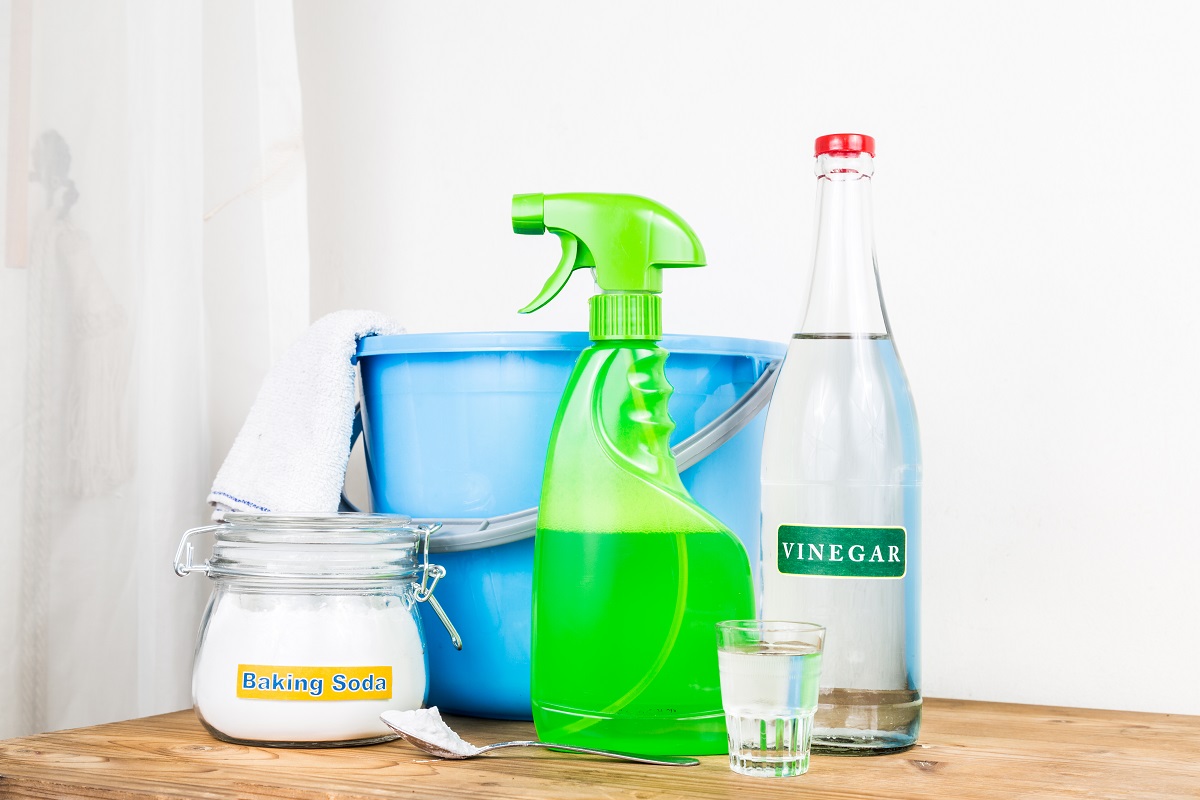Are there any house bugs creeping up your house walls? Do your children develop skin itchiness because of bed bugs? While the great outdoors is the main habitat of most tiny bugs, there will be times when they seek shelter inside our homes. But sharing a house with bugs is certainly not a great idea. They can contaminate your kitchen, carry germs or bacteria, ruin the house foundation, and trigger allergic reactions.
Homeowners like to keep their homes pest-free. Others turn to pest and mosquito control services to protect the family from bacteria and transmittable diseases. Meanwhile, some people take the matter into their hands by buying chemical products or pesticides to get rid of pests. But doing so means greater chances of acquiring severe illnesses such as cancer. In fact, a study revealed that leukemia and lymphoma have direct associations with pesticide exposure.
While pesticides keep our homes pest-free, they also come with adverse health effects that can affect our family, home, and pets. If you want to get rid of pests without harming your loved ones and the environment, there are plenty of eco-friendly solutions to do this. Here are some environmentally friendly solutions to prevent common household bugs.
Food waste
Before throwing away the garbage, you may want to filter them out first since food wastes make effective solutions to get rid of pests. Yes, you heard it right. Food wastes, such as coffee grounds, tea bags, garlic, and fruit peels, make great insect repellents.
Citrus makes a great pest deterrent. These include lime, orange, and lemon, which you can use as a citrus spray. Instead of throwing them, cut those peels and add them to the garden soil as fertilizer and natural insecticide. You can also place citrus peels on window sills and counters to drive pests away.
Use leftover garlic and onion to get rid of mosquitoes. To make a homemade mosquito repellent, mix five parts of water with one part of garlic juice in a spray bottle. Shake the bottle and spray the mixture onto the exposed skin. The repellent should last for six hours.
If you have areas at home filled with mosquitoes, dip a cotton cloth in the garlic or onion mixture and hang it in different areas of the house, such as patios. You can also try commercial garlic-based mosquito repellent that lasts over four weeks.
The strong scent of coffee grounds makes them a great insect repellent as well. Once brewed, they produce a powerful scent that most pests hate. So the next time you make coffee, use them to eliminate bees, wasps, mosquitoes, ants, and other insects. Sprinkle the grounds inside the window sills or edges of your home exterior.
Essential oils and vinegar

A clean home is one of the secrets to pest prevention. Instead of using chemical-filled products, use natural solutions to clean and disinfect your home. Essential oils and vinegar make one of the easiest pest repellents and cleaner to make at home. You can also experiment by using eucalyptus, peppermint, and coconut oil.
If essential oils are not available, citrus peels make a perfect alternative. Mix them with vinegar and cover the mixture inside a jar or glass container. Let it sit in a cool, dry place for two to three weeks. Afterward, add water to the solution and use it as a bug repellent and natural cleaner.
Essential oils and vinegar also eliminate kitchen smells and food remnants to keep off the creepy crawlies on the counter and other kitchen areas.
Pest control herbs
Instead of spraying pesticides directly to the plants and garden soil, why not plant pest control herbs in the garden? Herbs earn the name “companion plants” since they come with two purposes: lure beneficial insects and eliminate pests. Some popular companion herbs are rosemary, yarrow, borage, lavender, basil, and mint. But if you don’t prefer mixing herbs with your ornamental plants and greeneries, try planting marigolds, lavender, eucalyptus, clover, lemongrass, and petunias.
One of the main principles of companion planting is the more diverse your garden is, the fewer pests there will be. Doing this creates a favorable habitat for beneficial insects while confusing other pests. As the scent of flowers and herbs blend in the air, it becomes difficult for the pest insects to find their host plant. Basically, companion planting helps establish a balanced environment and prevents invasive insects from ruining your garden.
Because of the growing problems concerning the environment, it is best to switch to eco-friendly options when preventing pests at home. Remember that every effort counts when preserving nature. Natural pest prevention practices will not only eliminate the pests, but you are also protecting your family, pets, and the environment.
